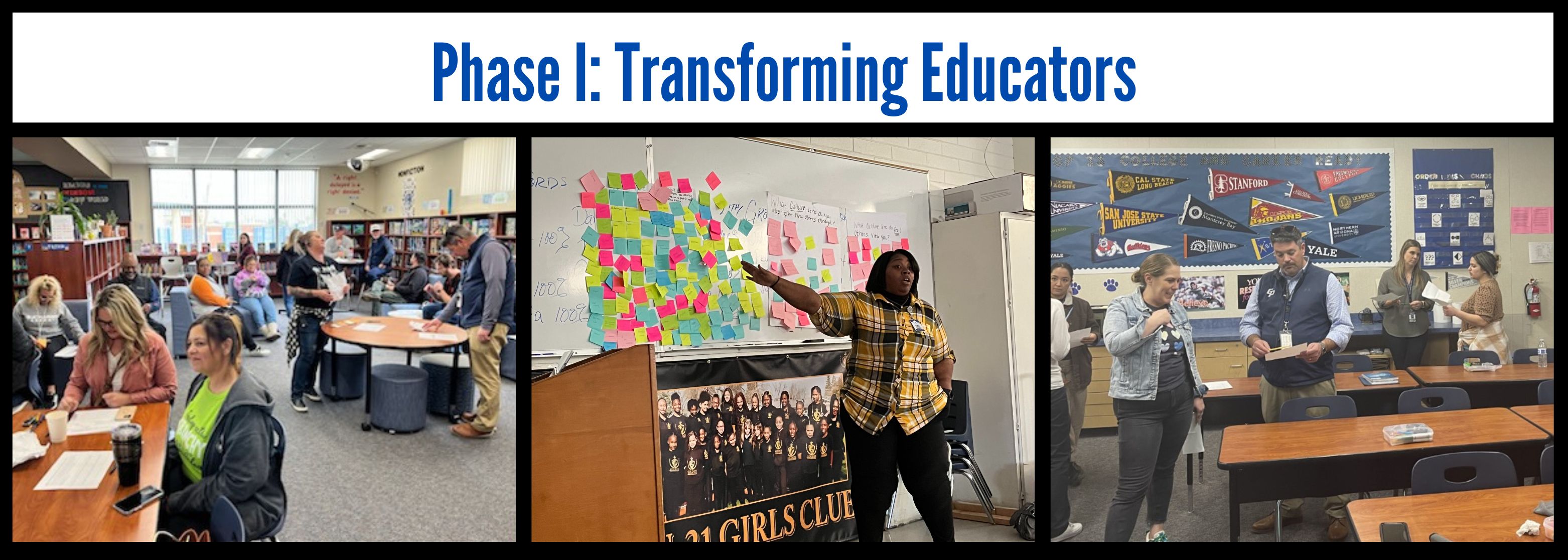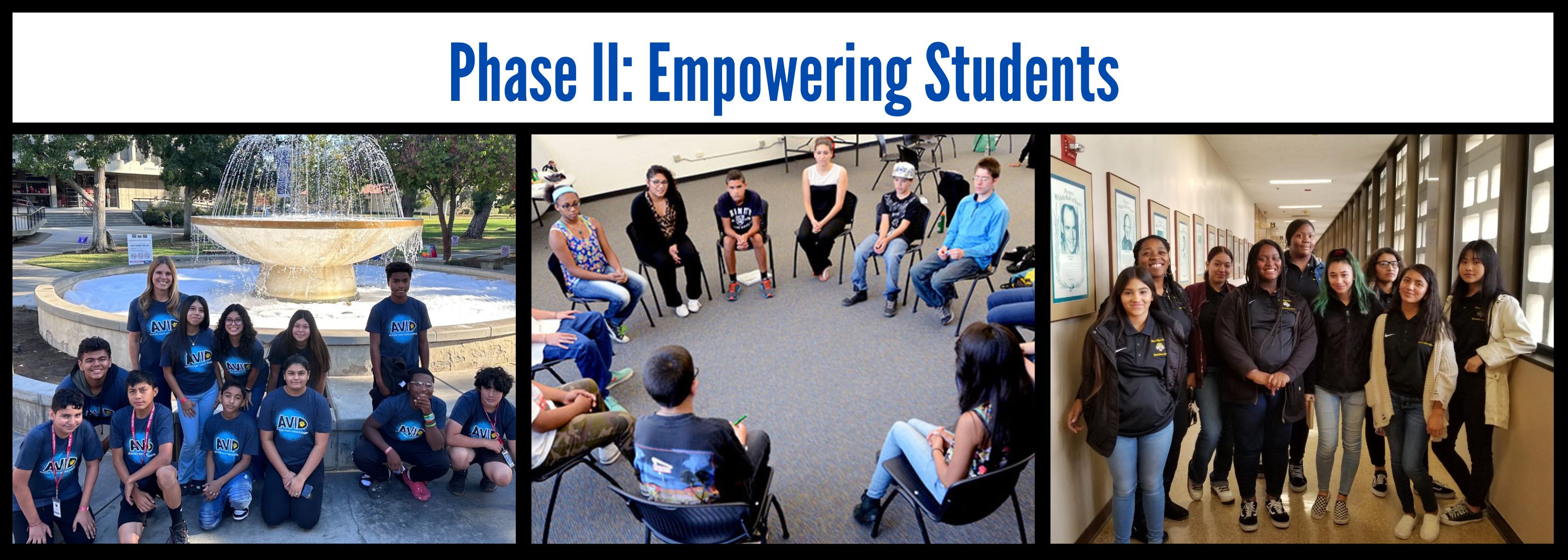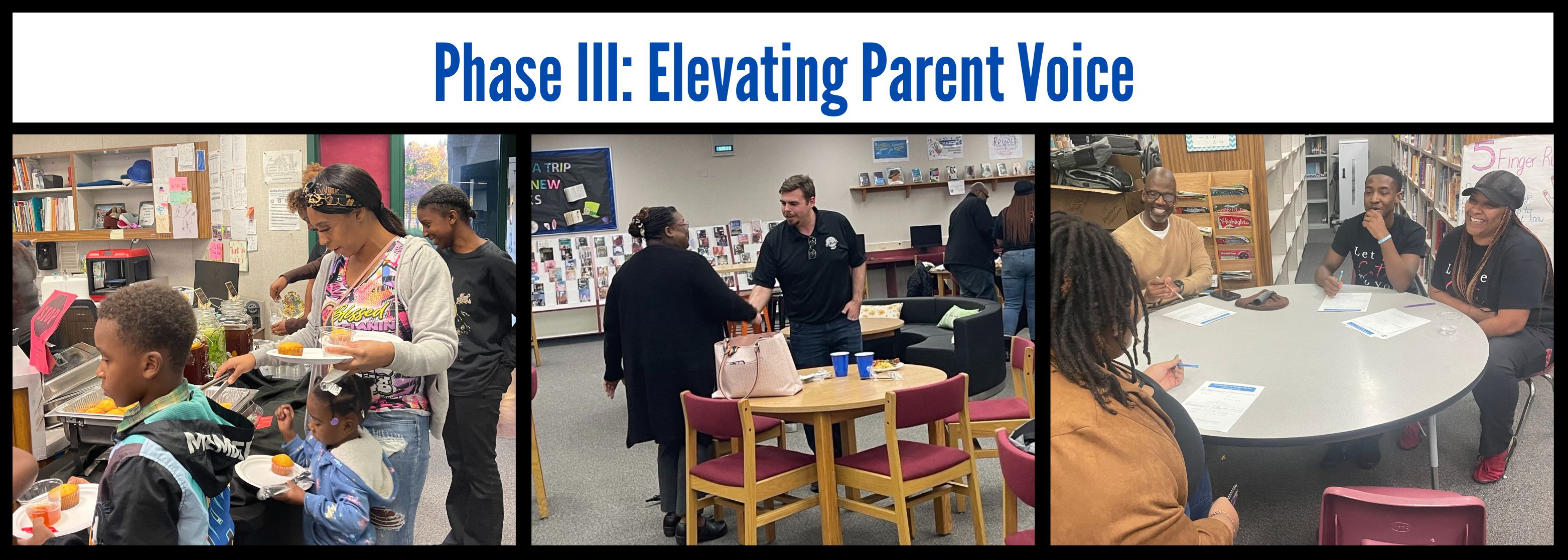3-Phased Approach
Phase I: Transforming Educators

In order to promote equitable and diverse educational opportunities in teacher development that support economic development and human capital, we need to better prepare schools to be socially conscious and politically aware in how they approach meeting the needs of culturally and linguistically diverse students. Through Phase I of TOCP, transforming educators involves creating safe and brave spaces for all educators to engage in courageous conversations and take a deep introspection into how our personal view of the world impacts how we show up as educators. Culturally Responsive Teaching is a research-based approach to teaching. Connecting students’ cultures, languages, and life experiences to what they learn in school helps students access rigorous instruction and develop critical thinking skills. Students of Color, English Language Learners, and other underserved populations bring their background knowledge into the classroom every day which is often overlooked as an asset. Inviting educators to go on the journey to becoming more culturally responsive allows students to experience teaching from an adult who truly sees diversity as a gift.
Phase II: Empowering Students

As you can see below, TOCP provides a continuum of academic and social emotional supports to students of color starting in elementary school all the way to high school. The Central Unified schools that are currently piloting this program are Steinbeck Elementary, Glacier Middle School, and both Central and Central East High Schools.
- Elementary School: AVID & Troy Center Mentorship
- Middle School: AVID, Troy Center Mentorship, BSU
- High School: Careers in Education Pathway & BSU
Phase III: Elevating Parent Voice

In addition to the supports given to students, an essential component of the TOCP program is elevating parent voice through quarterly parent engagement nights. Each of these nights takes place over a family style dinner in which parents are able to build connections with one another, teachers, school administration, and the TOCP content coordinator. Additionally, they engage in targeted conversations around student learning, enrollment, challenges, and program effectiveness.
